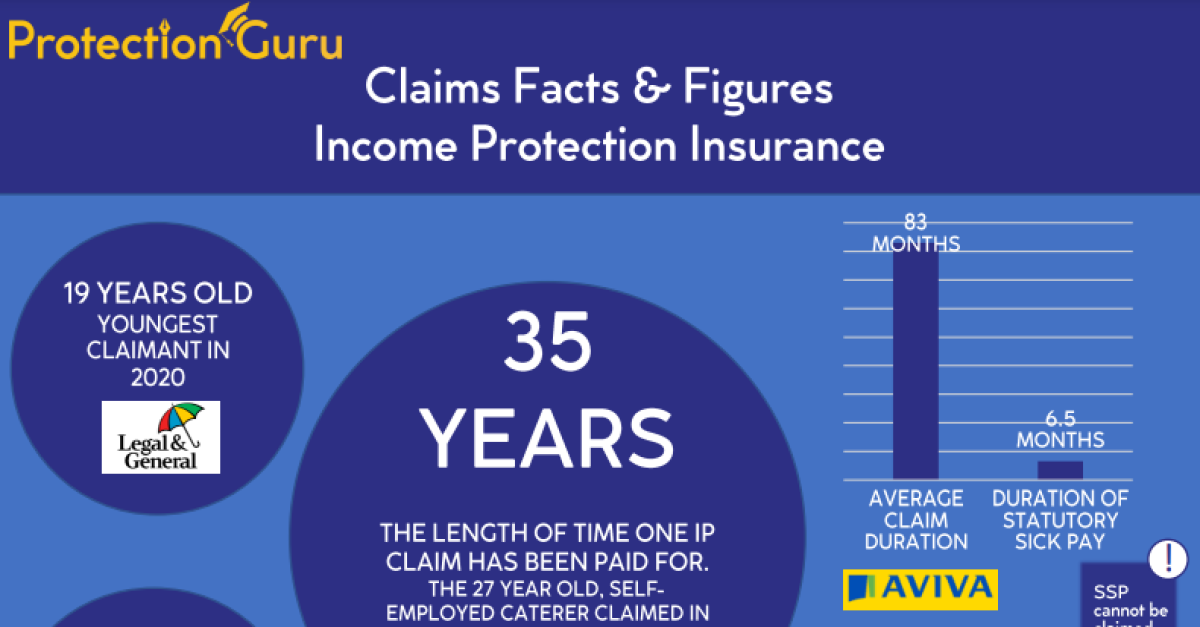
Health and Wellbeing added Benefits – Everything you need to know

In reading this and the linked articles you will understand:
- What health & wellbeing added benefits insurers offer
- How the services compare provided by those insurers
- How you can highlight these services in your client conversations
This week marks Mental Health Awareness week in the UK, which aims to open up the discussion around all aspects of mental wellbeing. The hope is that by encouraging a more open dialogue around mental health and promoting a greater awareness of the help and advice available, all of us can achieve better mental health outcomes and know how to access support, if and when it is needed. The last 12 months will have proven an especially challenging time for many and experts believe that the mental health effects of the pandemic will be felt for years to come. Against that backdrop there is much the protection industry can do to support people and help clients with their physical and mental health, which are fundamentally linked. Insurers already offer a range of services that can act as both preventative tools, or to better support clients when they do experience ill-health. In this ‘everything you need to know’ we bring together some of our insight articles on the subject of mental and physical wellbeing added-benefits.
BLUE MONDAY – HOW PROVIDERS’ MENTAL HEALTH SUPPORT COMPARES
Mental health is recognised as the single largest cause of disability in the UK, significantly higher than cancer or heart disease and affects one in four people every year. The total economic costs of mental ill health in England has been estimated at more than £105 billion each year and with the emotional and psychological suffering often impossible to calculate, considering the financial burden can also be pretty eye-watering. But protection clients are not without support. Earlier in the year, on ‘Blue Monday’, we examined the support offered by providers to help you in your client conversations
HELPING CLIENTS KEEP FIT – HOW INSURERS COMPARE
Things like eating well, drinking plenty of water, getting some exercise, a good night’s sleep and mental wellbeing are all important in preventing health conditions that are caused or made worse by poor lifestyle choices. But sometimes, people need a bit of support to help them make the right choices and establish good habits around their fitness. Insurers understand this and some will provide access to fitness services to help clients improve their lifestyles for the benefit of their health. In this insight, we will highlighted the insurers who provide fitness services and put their offerings under the microscope.
WHICH INSURERS PROVIDE NUTRITIONAL SUPPORT TO CLIENTS AND HOW DO THEY COMPARE?
If clients have an unhealthy diet, such as high levels of sugar, salt and trans fats, this can increase the likelihood of them suffering with any number of health conditions, from obesity and high blood pressure to type 2 diabetes and heart disease. Sometimes people need a bit of support to help them improve their diets for the benefit of their health. It is one thing knowing the basics, like limiting the amount of processed food and sugary drinks we consume, but achieving it in practice can be easier said than done. This is why some insurers provide access to nutritional support as an added benefit on their life insurance products. In this insight, we looked at which insurers offer this and the potential benefits to clients.
HEALTH CHECKS – HOW PROVIDERS COMPARE
Everyone can benefit from a regular check-up, regardless of the status of their health. It can help to detect a range of minor ailments that can easily be treated before they lead to bigger health problems, as well as detecting more serious health conditions such as cancer at an early stage, when they are easier to treat. The earlier that a condition is diagnosed, the more likely it is that doctors can successfully prevent it from developing further, which improves the chance of a full recovery. In this article we highlighted the insurers who provide health checks as part of their value-added services and examine the key differences between them.





















